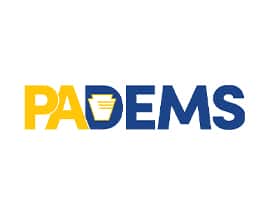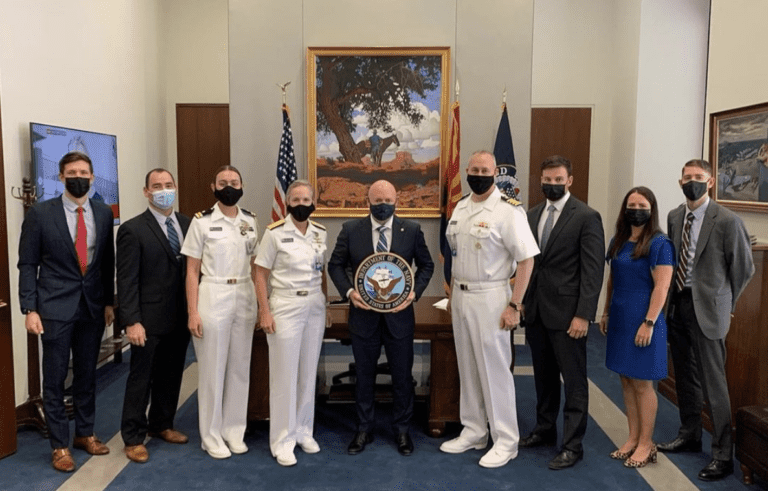Background
Some of the biggest challenges facing many nonprofits today include funding, increasing supporter acquisitions, moving people to action, and communicating the value of their programs. Fortunately, peer-to-peer texting serves as an all-in-one solution to ease these operational pain points. KQED, a community-supported media outlet and Hustle partner, has overcome many of these common hurdles by integrating one-to-one texting into their outreach strategy.
Person-to-person messaging is an intimate opportunity to connect with target audiences through one of the most robust communication windows available right now—one’s own personal device. As seen by KQED, texting offers an exceptional opportunity to turn problems into opportunities through customized, meaningful messaging centered around a shared interest or cause.
Who is KQED?
“Inform, inspire, and involve.”
KQED’s mission is to serve the people of Northern California with a community-supported alternative to commercial media. Their media coverage spans across radio, television, and digital media as well as educational services. KQED informs their followers through events, open community dialogue, breaking news alerts, insight into the arts, and science and environmental coverage.
The Problem
Before finding Hustle, KQED sought new, creative, and effective ways to engage more deeply and meaningfully with their communities. Email marketing makes sense when blasting large-scale announcements but is less effective for building a more personal, long-term connection with community members. KQED needed to converse with their audiences in a way that reflected the curiosity and thoughtfulness of their community, but also was manageable by a small team.
The Solution
Upon launching new, re-optimized person-to-person texting campaigns through Hustle, something truly amazing happened. KQED leveraged the power of Hustle to inquire, remind, educate, and assist community members by landing right in the palm of their hand through text. Peer-to-peer messaging enables KQED to have “agile conversations,” share information, and support member needs at a higher capacity. Some supporters have questions. Others require updates of an address or payment information. Hustle helps KQED keep their finger on the pulse of their community’s needs and mobilize action, one text at a time.
"Being able to have one-on-one conversations with donors and answer their questions so quickly is incredibly valuable. I’m able to listen to their concerns and respond empathetically."
Taylor Beard
One of their biggest successes to date is a monthly credit card recapture campaign. Occasionally, member credit card information fails to process for a number of reasons, and many just need a simple update. When this occurs, KQED supplements email alerts and mailers with a text message at the beginning of each month. Mindful and proactive outreach with quick and helpful links directing donors to update their info have been incredibly effective for their program.
With Hustle, KQED can now consistently communicate with the empathy, creativity, and speed to more meaningfully engage their community.
"We've used Hustle for both fundraising campaigns and general engagement with our audience members. Both have been very successful in starting conversations and answering questions in a very personal way. Our texters all feel like they are really getting to know the community members who text us back."
Taylor Beard
Reaching New Heights with Hustle
KQED is just one example of how Hustle’s next-generation peer-to-peer texting performs for nonprofits. Use this as a sign; it’s time to consider enhancing your outreach procedures with a proven tool for igniting action and driving change.


